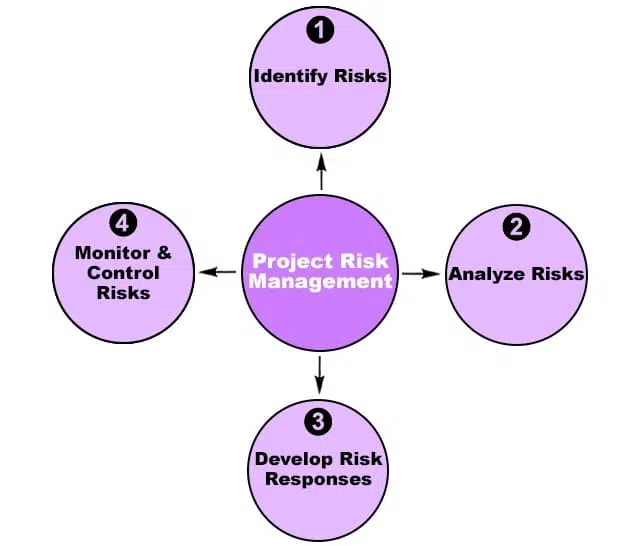Exploring the Growing Importance of Risk Management in Corporate Strategy
Exploring the Growing Importance of Risk Management in Corporate Strategy
Blog Article
The Importance of Understanding the Relevance of Risk Management in Various Industries

The Core Idea of Risk Management and Its Purpose
Risk Management, the keystone of lots of markets, depends upon the identification, evaluation, and mitigation of unpredictabilities in a service setting. It is an indispensable technique that allows organizations to protect their possessions, track record, and overall survival. By correctly determining prospective threats, organizations can develop approaches to either prevent these dangers from happening or decrease their effect. The analysis process entails assessing the possibility and possible intensity of these risks. The mitigation procedure entails developing techniques to reduce their possible influence as soon as threats have been recognized and reviewed. This procedure is continuous and intermittent, making sure that businesses are gotten ready for the ever-changing nature of Risk in various sectors. The main purpose, thus, is to foster strength in the middle of uncertainties.
Benefits of Implementing Risk Management in Business Workflow

Introducing the Duty of Risk Management in Different Industries
While every market confronts its distinct collection of risks, the application of Risk Management techniques continues to be a common denominator in their search of sustainability and development. In the medical care field, Risk Management involves making certain person safety and data defense, while in money, it includes mitigating investment risks and guaranteeing regulatory compliance. Ultimately, the role of Risk Management across markets is to identify, evaluate, and reduce risks.
Real-life Case Researches Showing Effective Risk Management
To comprehend the importance of Risk Management in these numerous fields, one can look to several real-life circumstances that illustrate the successful application of these measures. Toyota, publish the 2011 earthquake in Japan, revised its supply chain Management to reduce disturbance risks. These instances demonstrate exactly how markets, finding out from crises, properly applied Risk Management approaches to decrease future dangers.
Future Fads and Advancements in Risk Management Techniques
Cybersecurity, as soon as a peripheral problem, has catapulted to the forefront of Risk Management, with techniques focusing on avoidance, detection, and response. The assimilation of ESG (Environmental, Social, Administration) variables into Risk Management is another expanding pattern, showing the raising acknowledgment of the role that environmental and social threats play YOURURL.com in service sustainability. Thus, the future of Risk Management exists in the fusion of advanced modern technology, cutting-edge techniques, and an all natural technique.
Conclusion
In final thought, recognizing the importance of Risk Management across a spectrum over here of markets is essential for their long life and success. Inevitably, successful Risk Management contributes to more lasting and durable businesses, highlighting the relevance of this practice in today's vibrant and highly affordable organization environment.
While every market challenges its one-of-a-kind collection of risks, the execution of Risk Management strategies remains a common denominator in their pursuit of sustainability and growth. In the health care market, Risk Management requires guaranteeing client safety and data protection, while in finance, it involves mitigating financial investment threats and making certain regulative compliance. Ultimately, the duty of Risk Management throughout industries is to determine, examine, and mitigate dangers. These instances demonstrate how industries, finding out from situations, properly applied Risk Management approaches to decrease future risks.

Report this page